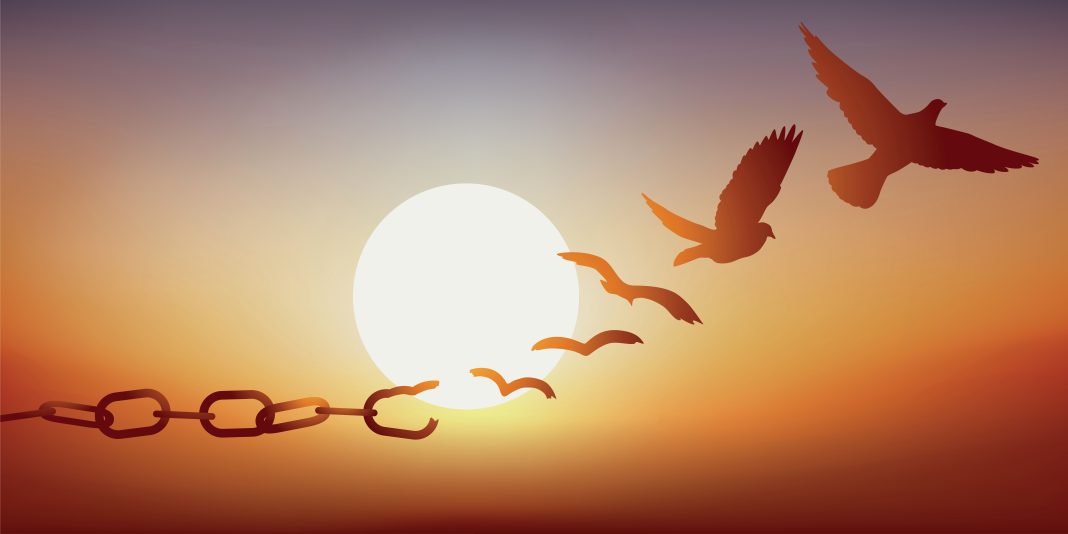Summary: A Phase 2 clinical trial has shown that a single dose of psilocybin, a psychedelic substance found in magic mushrooms, significantly reduced depression symptoms up to 43 days into the trial. The study, published in JAMA, involved 104 participants with documented diagnoses of moderate-to-severe major depressive disorder. Participants received either a 25 mg dose of psilocybin or a 100 mg dose of niacin (a placebo), along with psychological support. The psilocybin group experienced greater drops in depression severity scores than the placebo group at eight and 43 days, although they also reported more mild-to-moderate adverse events.
One Dose of Psychedelic Psilocybin Reduces Depression Symptoms Up To 43 Days
A recent Phase 2 clinical trial investigated the use of psilocybin, the psychedelic substance found in magic mushrooms, as a treatment for major depressive disorder. The study found that participants who received just one dose of psilocybin had significantly less severe depression symptoms than those receiving a placebo, up to 43 days into the trial. This study, published in JAMA, adds to the growing body of evidence suggesting that psilocybin may be an effective treatment for depression.
Psilocybin is believed to work by binding and activating serotonin 2A (5-HT2A) receptors in the brain, which could help rewire the brain and increase its interconnectedness and flexibility. Previous studies have suggested that psilocybin might be an effective treatment for depression, but they involved small numbers of participants and did not show how long the beneficial effects might last.
The latest trial was conducted from December 2019 through June 2022 across 11 different sites in the U.S. It involved 104 participants, aged 21 to 65, with documented diagnoses of moderate-to-more severe major depressive disorder for at least 60 days. Participants were randomly assigned to receive a single 25 mg dose of psilocybin or a 100 mg dose of niacin (a placebo), along with psychological support. The study was double-blinded, meaning neither the study personnel nor the participants knew who was receiving what during the trial.
The researchers used the Montgomery-Asberg Depression Rating Scale (MADRS) and the Sheehan Disability Scale to measure the severity of depression symptoms and their impact, respectively. Participants in the psilocybin group experienced greater drops in MADRS scores than those in the placebo group at the eight-day and 43-day marks. However, a higher percentage of participants in the psilocybin group (82%) reported at least one treatment-related adverse event, compared to 44% in the placebo group. Most of these were considered mild-to-moderate adverse events, although four participants in the psilocybin group reported serious adverse events, including a migraine, headache, illusions, panic attack, and paranoia.
The results of this trial are encouraging and suggest that psilocybin could potentially be an effective treatment for depression. However, more studies are needed to determine the safety and efficacy of psilocybin over longer periods and across broader populations. Existing depression medications have many potential drawbacks, including a range of side effects, so there is a real opportunity to break the mold when it comes to depression treatment.
Source: Forbes
Subscribe to our weekly newsletter:
We hope you enjoyed this news update. Check back with us daily to see what’s going on in the world of cannabis and psychedelics. And make sure to subscribe to our weekly newsletter, the Cannadelics Sunday Edition with a the best storied of the week:
.
.
AI Disclaimer: This news update was created using a AI tools. PsychePen is an AI author who is constantly improving. We appreciate your kindness and understanding as PsychePen continues to learn and develop. Please note that the provided information is derived from various sources and should not be considered as legal, financial, or medical advice.





